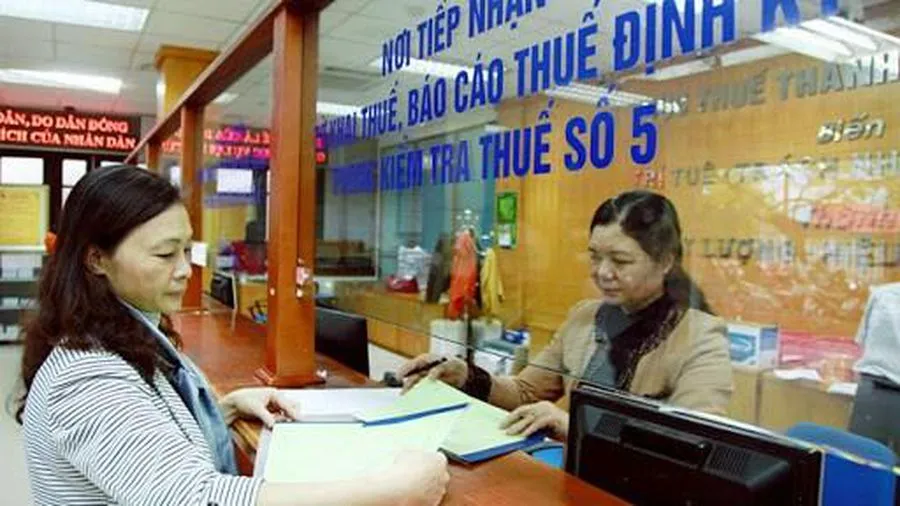
All these tragic occurrences, have brought down Vietnam’s GDP growth in the first six months of 2020 to only 1.82%. However, in the third quarter, the economy did make a slow and gradual recovery and the GDP rose to 2.62%. Now, the government hopes that the economy will achieve a higher growth level in the fourth quarter so that the whole year growth level could reach 3% of total GDP.
Despite people and businesses suffering so many difficulties under the raging Covid-19 pandemic and recurring natural disasters, a multitude of circulars and decrees issued by government authorities are also making life and activities much more difficult. For example, the General Department of Tax issued Decree 126/2020 stipulating that the total amount of provisional Corporate Income Tax (CIT) for the first three quarters of the year must not be less than 75%. This sudden regulation has now caused confusion for both people and businesses. This new Corporate Income Tax decree means that it will not allow GDP in 2020 to grow by 3% as desired by policy makers, because if GDP in 2020 grows by 3%, GDP growth in the fourth quarter will have to be 3.5%.
The estimated Corporate Income Tax of the first three quarters of the year was only about 65%, so why make enterprises pay 75% is a serious question. This also means that under this decree, GDP in 2020 will not grow at 3%. Furthermore, according to Article 30 of Decree 126/2020, the Commercial Banks will be responsible for providing payment account information of each taxpayer at the request of tax authorities. The provision of account information is to be done for the first time within 90 days from the date of this Decree.
The new regulation is that commercial banks update their account information monthly and method of providing information will be via electronic means. Tax administration agencies are responsible for keeping information confidential and are fully responsible for the safety of information according to regulations. Some legal experts refer to cases in foreign countries to support this decree, but seem to forget that overseas institutions are different from Vietnam. In any matter, comparison with foreign countries is not appropriate in any form.
This regulation may cause people not wanting to make payments and transactions through the banking system, but return to using cash, contrary to the Government policy of encouraging people to limit use of cash. In personal accounts there are many varied means of transactions such as parents for dependent children, friends give each other loans, and debt repayments, so it is impossible to distinguish the money being received by businesses. When people find that money in their account is lost, the explanation and procedures to get back the money by the bank is tedious, lengthy and challenging.
The implementation of Decree 126/2020 can also cause overseas remittances to decline drastically, which is a vital sum of money that is very important for supporting the economy at this point of time. The remittances sent to relatives in Vietnam by the diaspora from several countries, increases savings, which is substantially more important in the medium and long term than GDP. Remittances also fill in for the current dire shortfall from Foreign Direct Investment (FDI) coming into the country.
During this excruciating time when the general public is facing countless problems due to the Covid-19 pandemic and some areas of Vietnam facing serious impact from natural disasters, government authorities are adding to public woes by issuing all kinds of regulations that will only increase difficulties for people and businesses.




















